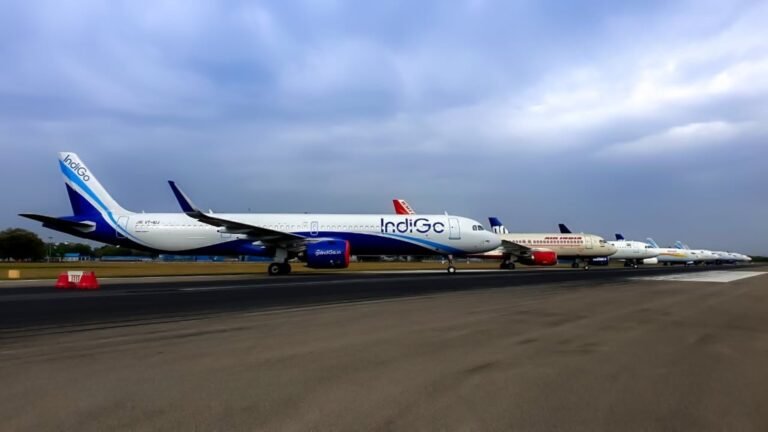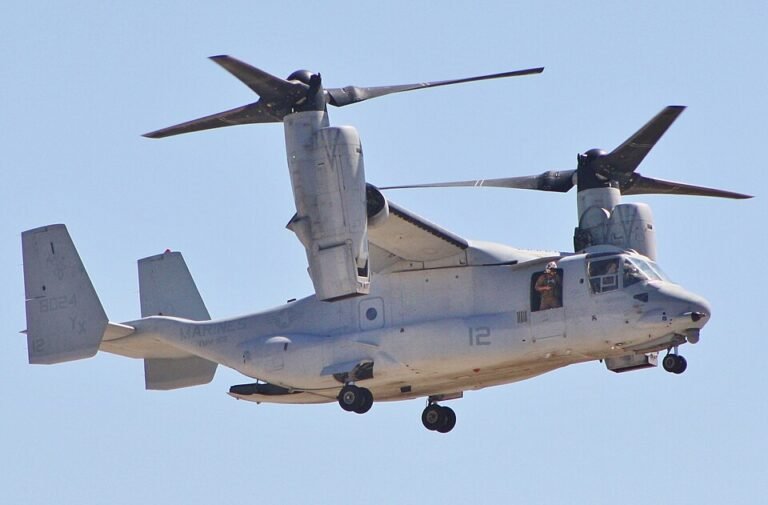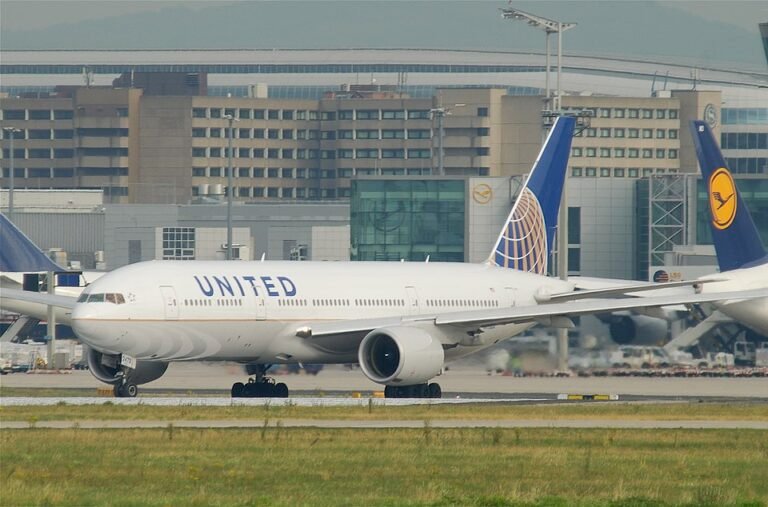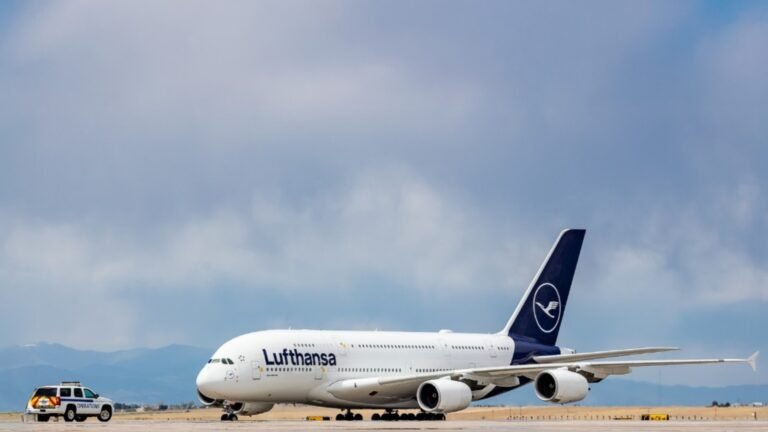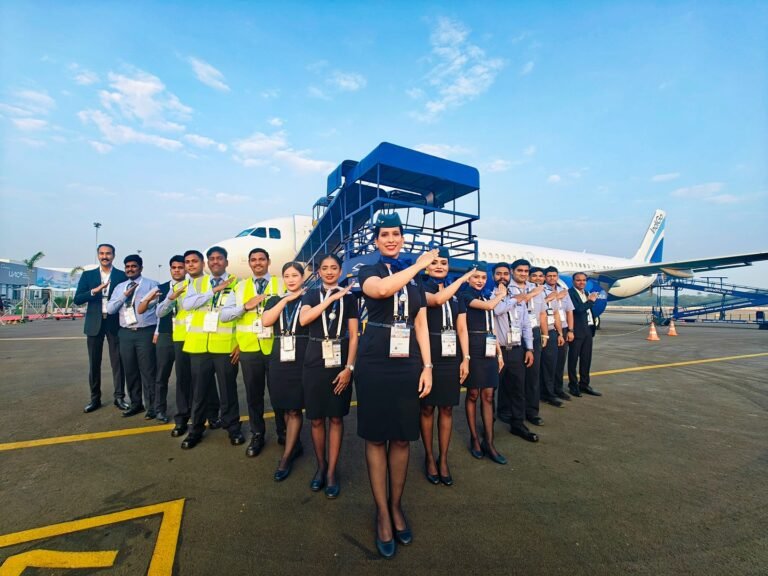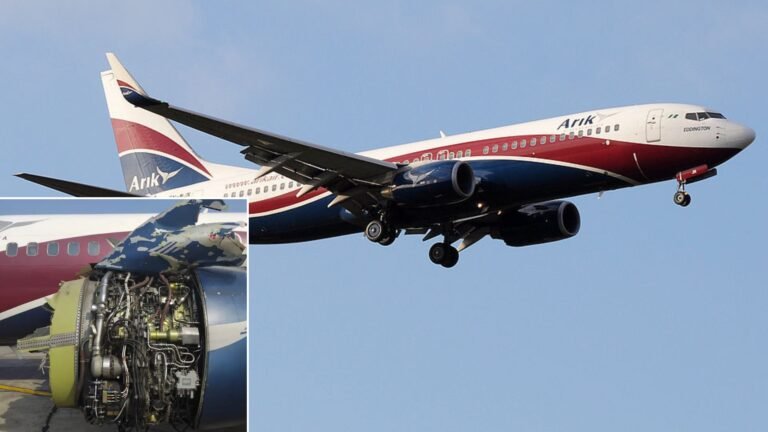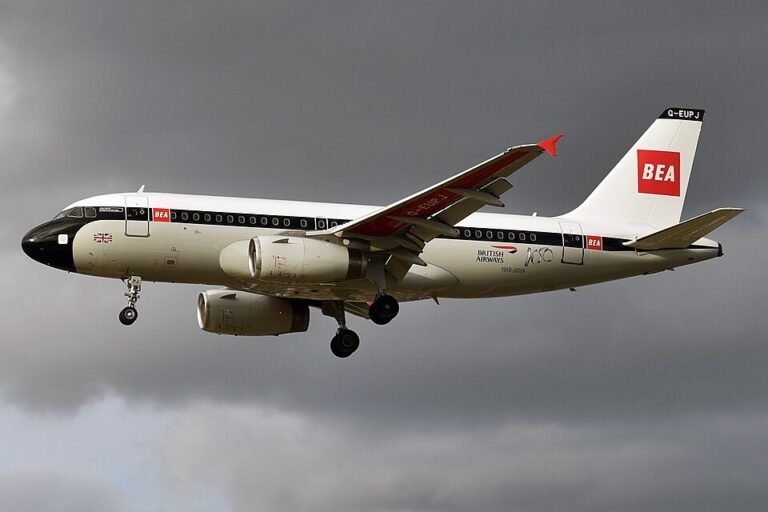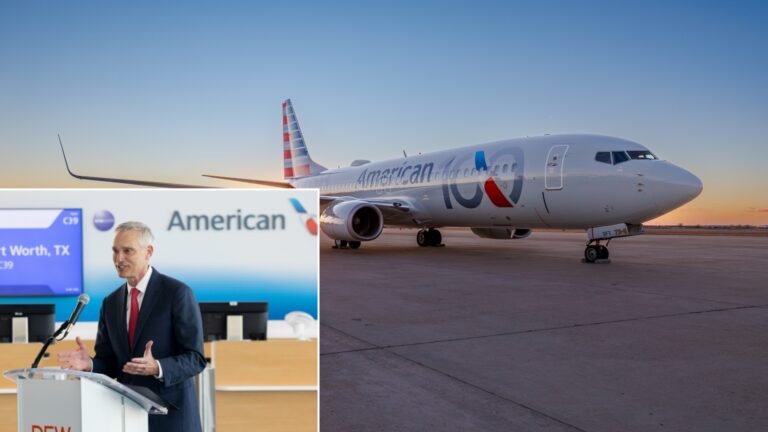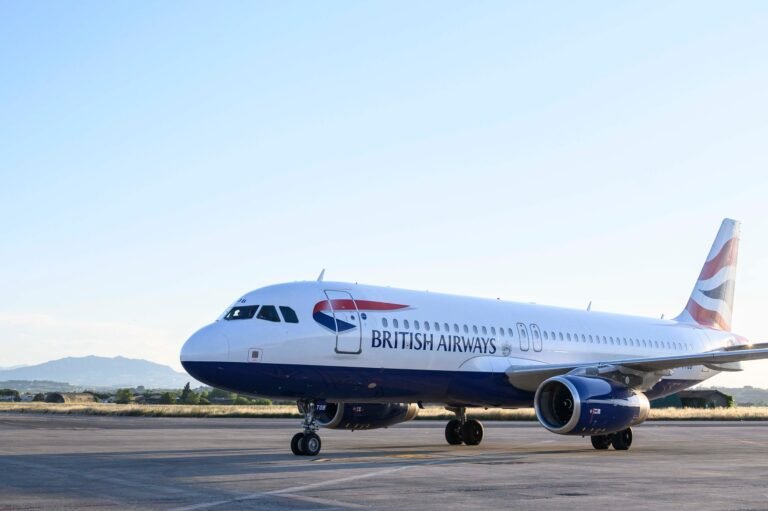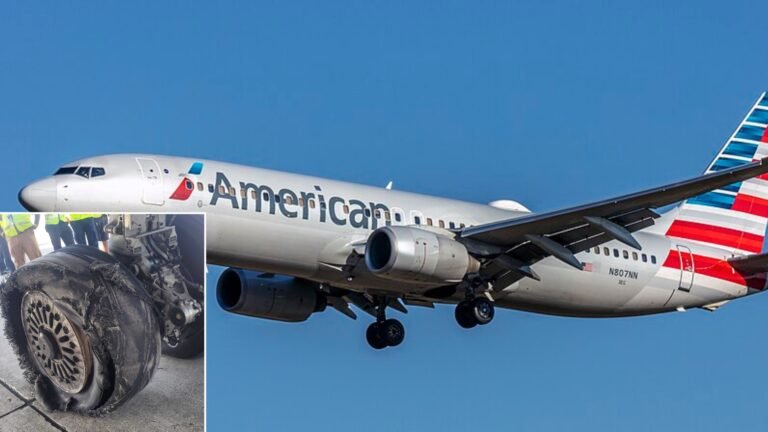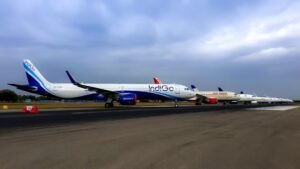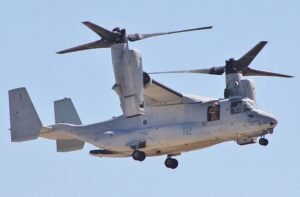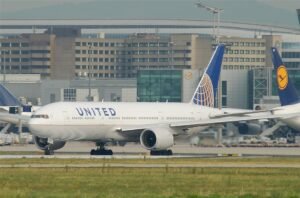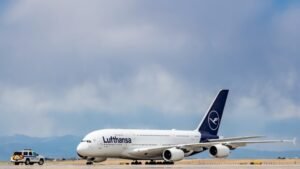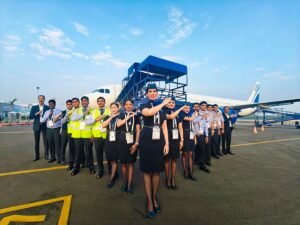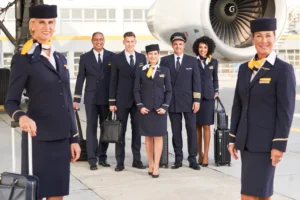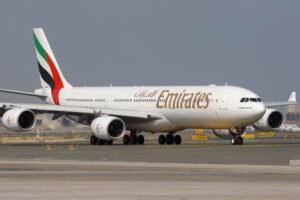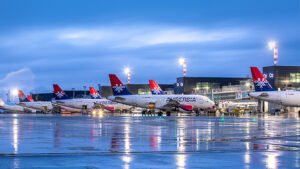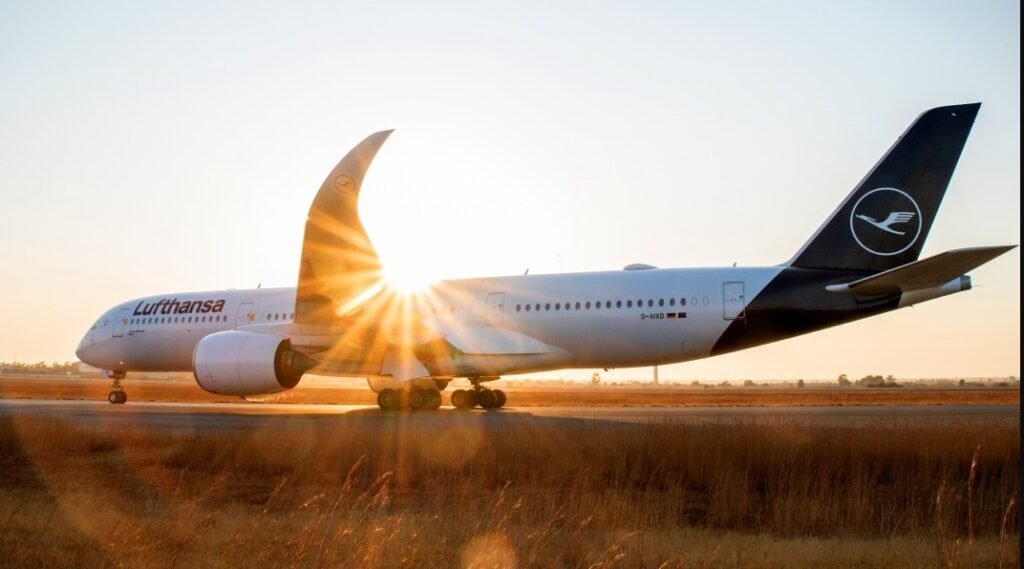
Frankfurt, Germany: Lufthansa Group announced on Monday that it plans to eliminate around 4,000 administrative positions by 2030 as part of a wider restructuring strategy aimed at boosting profitability and efficiency through automation, artificial intelligence, and streamlined operations.
In recent years, the airline has faced challenges in controlling costs and driving growth amid labor issues. Last year, it issued two profit warnings and the 8% margin target was postponed to 2028–2030.
The job reductions will primarily affect back-office, headquarters, and shared service roles in Germany. Flight operations, including pilots and cabin crew, are not expected to be impacted.
The decision was unveiled during Lufthansa’s Capital Markets Day, the airline’s first in six years where executives presented new financial targets. The group now aims for an adjusted operating margin of 8 to 10 percent by 2028, annual free cash flow exceeding €2.5 billion, and a 15 to 20 percent return on capital employed before taxes.
Alongside workforce cuts, Lufthansa confirmed plans to modernize its fleet with the delivery of more than 230 new aircraft by the end of the decade, including about 100 long-haul planes. Management said the investments, combined with digitalization, will drive efficiency across its airlines: Lufthansa, Swiss, Austrian Airlines, Brussels Airlines, ITA Airways, and Eurowings.
Chief Executive Carsten Spohr emphasized the need for structural change, noting that consolidation of overlapping functions and the use of digital tools will “make the group more competitive and resilient.”
The announcement sparked criticism from German labor unions. Representatives from Ver.di, one of the country’s unions, warned of the social consequences of the cuts and demanded government oversight.
Markets, however, reacted positively. Lufthansa’s shares rose nearly 2 percent following the announcement, reflecting investor confidence in the group’s ability to deliver stronger returns.
The company stressed that the job reductions will be gradual and spread over five years, easing the transition for employees and giving time to implement retraining or redeployment measures.
On the contrary, earlier this year, Lufthansa had announced plans to hire approximately 10,000 new employees throughout 2025. The recruitment drive covered a wide range of roles, including more than 2,000 flight attendants, 1,400 ground operations staff, 1,300 technical experts, 1,200 administrative roles, and around 800 pilot positions.
A significant portion of these new jobs was expected to be located in Germany, reflecting Lufthansa’s efforts to strengthen its domestic operations. Among its subsidiaries, Lufthansa Technik alone planned to add over 2,000 staff, while Austrian Airlines and Eurowings each aimed to hire roughly 700 employees. The group reported that in 2024 it had onboarded more than 13,000 new employees and, over a three-year period, had hired over 30,000 staff globally.

